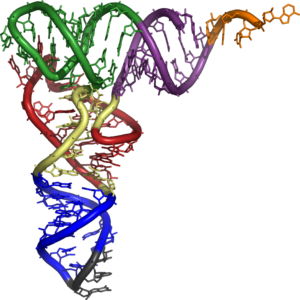Starter
Introduction
Computers in Medicine
Over the last 50 years, computers have had an increasingly important role in medicine. As covered in the measurement lesson, computers have long been used to monitor patients’ data and vital signs, but computers are now rapidly taking a central role in the operating theatre .
This explores how computers have been used to benefit medicine, together with what the future might hold for medicine of the future.

Patient Records
Computerised patient records
Before the advent of computers, patient medical data was kept in filing cabinets which took a lot of space and time to find a particular information. In addition, unauthorised persons accessed sensitive information with relative ease. Specially designed software programmes designed and used to eliminated the need for physical archiving of patient data as well as increased security of patient medical information.
Pharmacy Records
Computerised pharmacy records
As well as patient data being stored by doctors practices, pharmacies use computers to store and process a vast amount of information.
Computer systems are used to keep track of stock levels, useful for ordering and stock management, long term stock level and product demand data can be used to analyse the spread of infectious diseases such as cold and flu outbreaks.

3D Printing
3D Printing
3D printers can now be used for a variety of medical purposes:
- Surgical aids
- Prosthetic legs
- 3D Tissue
- Medical tools & Equipment
https://www.newscientist.com/article/2107428-bouncy-bone-can-be-3d-printed-to-become-a-universal-repair-kit/
Medical calculations
Medical Calculations
Genome project
Genome projects are scientific endeavors that ultimately aim to determine the complete genome sequence of an organism
Advantages
- Its improved genetic testing by finding specific genes linking these illnesses together
- Can personalise medicines as Information about a person’s DNA can be useful for forensic science
- Creates new gene therapy treatments
Disadvantages
- Animals they use may contain diseases harmful to humans
- Can be expensive
- Ethical reasons may be against cloning and genetic engineering
Protein Folding
[/two-third]
Microscopy
Microscopy imagining
Microscopy or the use of microscopes is of utmost importance for analysing samples, and determining the cause of health problems and proper treatment or management of a particular condition. Specialised software is used in microscope image processing which dramatically reduces the amount of medical errors and improves the quality of healthcare. Such processing is also used by a number of other fields of medicine including biomedical research, drug testing

